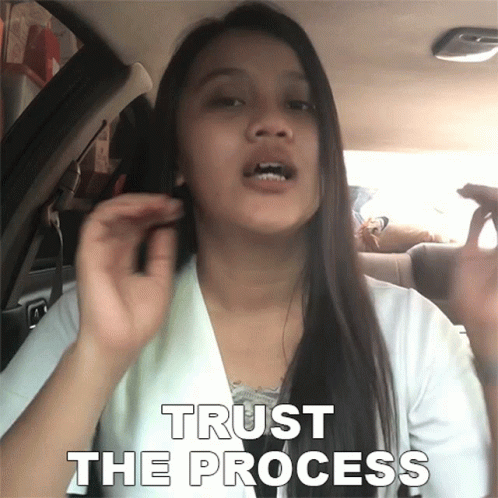I have to say, I take a very different view on this. Growing up, I viewed organisations like the BBC as trusted sources of truth, ethical in their reporting and grounded in facts. Over time, though, that perception has eroded significantly.
Living abroad and witnessing events like COVID-19 and how they were covered by the BBC, I saw how the network tailored its reports to fit a political UK narrative, rather than simply reflecting the reality of the situation. The BBC’s role during Brexit, for example, was questionable at best. They failed to hold the government accountable and often gave far too much airtime to Nigel Farage in the name of “balance.” This was a top-tier institution (trusted by the nation), not some fringe publication owned by a foreign tycoon or political extremist.
This is significant because, in the absence of alternatives, what people are told becomes the narrative. We tend to default to what we see and hear from these outlets. While there’s plenty of criticism of social media, let’s not pretend we’re living in a world where the likes of Fox News are the norm. The reality is that traditional media failed us, not only Liverpool FC, but this city as a whole.
Take Hillsborough, for example. The media (TV, radio, newspapers) blamed us, the fans, for what happened. They misrepresented the events, shifted the blame onto innocent people, and were complicit in the cover-up. This caused long-term damage to our reputation, and it still affects how we’re viewed today.
Compare that to 2022, when the police in Paris wrongly blamed our fans for the chaos outside the Champions League final. Fans, using social media, immediately shared their firsthand accounts, creating a real-time narrative that countered the lies being spread. It was the backlash on social media that forced the French government to launch an investigation. Without that, we’d have been painted as hooligans once again, and the media/police/government would have gotten away with it.
The difference between younger and older generations in understanding events like the Israel-Palestine conflict is clear it’s about the access to alternative perspectives. Social media gives people a platform to hear firsthand accounts and see what political leaders themselves are saying.
Yes, there’s a lot of misinformation on social media, but it also amplifies voices that need to be heard especially those of marginalised groups. And let’s be real: traditional media is hardly unbiased. When some of the UK’s biggest newspapers are owned by former KGB officers, I’d much rather rely on direct accounts from the people involved than trust their often questionable interpretations.
Twitter is the main outlet for the official club account, it’s where many players also post, it’s the main outlet for millions of fans.


